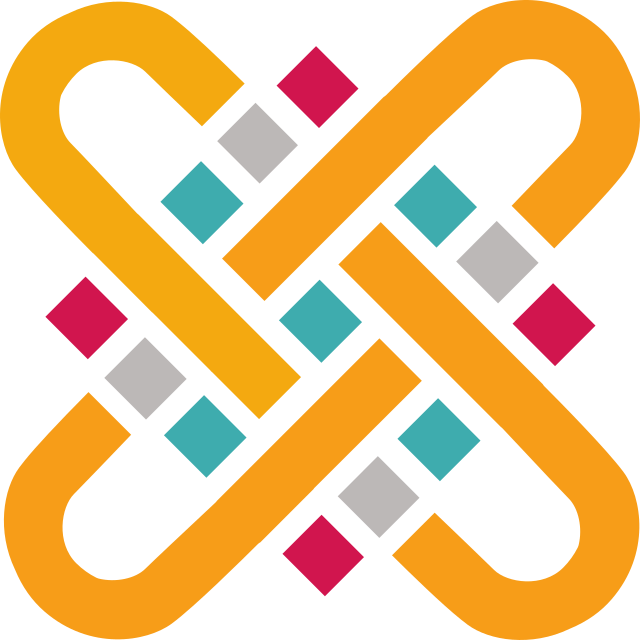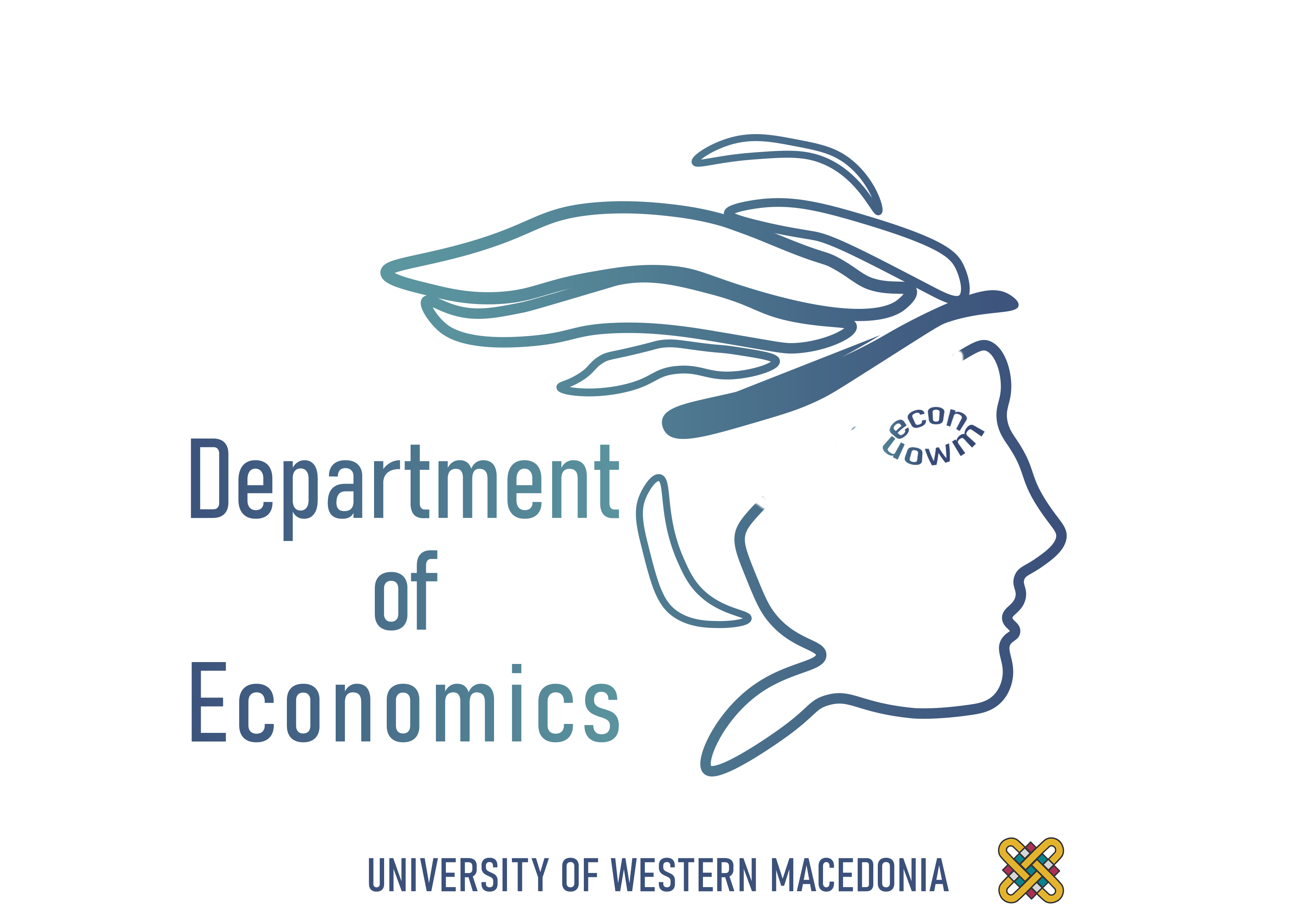
University of Western Macedonia
T (+30) 2467440010
Email: econ(at)uowm.gr
Department of Economics
Fourka area, 52100 Kastoria
Undergraduate Studies
Studies
The total studying period at the Department of Economics lasts eight (8) semesters with a total workload equivalent to 240 ECTS points in order to obtain the degree. During the first two years studies aim at deepening the subject of economic science, as well as preparing students for the continuation of their studies in the 3rd and 4th year of study in more specialized courses of the two directions offered by the Department. The awarded qualification is a 6th level qualification of the National Qualifications Framework, the European Qualifications Framework for Lifelong Learning and the Qualifications Framework of the European Higher Education Area.
The learning outcomes offered by the Undergraduate Program enable those students who wish to continue their studies at postgraduate level. This is mainly achieved through applied courses, laboratory courses, assignments (individual and group) and the general connection of the Undergraduate Program with research.
Specializations
At the beginning of the 5th semester, each student chooses one of the two directions and in addition to the 2 compulsory courses per semester must attend an additional 2 elective courses per semester of the chosen direction. In the course selection process, the student can credit Erasmus courses.
The specializations are:
- Economic analysis
- Business Economics
Learning outcomes
The expected learning outcomes of the Undergraduate Program demonstrate its academic character, as they emphasize the following skills: (a) knowledge and understanding, (b) application of knowledge, (c) development of critical thinking, (d) communication and (e) decision-making ability, responsibility and autonomy.
More specifically, the graduates of the Department, upon completion of the Undergraduate Program in Economics, are expected to:
Knowledge
- Have a coherent and integrated body of knowledge, which includes data both in the fields of macroeconomic analysis, microeconomic analysis, economic growth and development, monetary analysis and public economics as well as in the fields of business administration, accounting, costing, financial analysis, marketing and entrepreneurship.
- Understand and apply quantitative methodologies that are closely related to economic science, such as methodologies for developing econometric models, analyzing time series, statistical analysis and evaluating investments..
- Analyze daily financial problems and evaluate specific economic policy proposals.
- Describe, compare and practice critical thinking on theories, key concepts, principles and methodologies of the cognitive objects treated in the department.
Skills
- Collect, manage, analyze, and interpret socio-economic data in a critical and responsible manner.
- Develop appropriate economic policy measures.
- Select and apply correctly the appropriate economic tools for understanding, explaining and dealing with current economic phenomena and problems but also for exploring issues related to economics.
- Use specialized software packages for the application of econometric and other quantitative techniques.
- Efficiently prepare and present projects depending on available time, location and audience.
- Efficiently complete projects on an individual and team level.
- Developed critical thinking that deals with complex financial issues and problems.
- Demonstrate decision-making ability, responsibility and autonomy.

